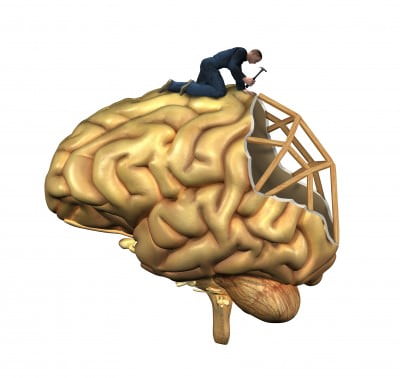Great Ways to Give Back on Memorial Day
Memorial Day means much more than time off from work and hosting a barbecue, so if you want to get involved this weekend, check out these great ways to give back.

Memorial Day means much more than time off from work and hosting a barbecue, so if you want to get involved this weekend, check out these great ways to give back.

No matter how old you are, what your musical taste is or whether or not you can read a note, there’s never a wrong time to learn how to play an instrument.

Since the early promulgation of addiction as a brain disease, I have warned that such a model could increase rather than decrease addiction-related stigma if not also accompanied by a parallel understanding of the neurobiology of addiction recovery. To that end, I joined several colleagues in calling for a recovery research agenda that includes a focus on the degree to which brain functioning is restored during the recovery process. In the intervening years, significant research has illuminated such healing processes and their implications for recovery management. The most significant of this work has been done on alcohol use disorders. The extent to which these findings are applicable to other substance use disorders remains unclear.
So, do you want to embrace social networking to have a positive influence on the world? Here are some ideas for how to use social media to make a difference.

With more than 440,000 youth in foster care, there are plenty of ways to make a difference during this month. Here are ideas for how to support National Foster Care Month.

Addiction recovery is best viewed as a process rather than an event, but the transition into recovery can sometimes be more a cataclysm than a product of incremental steps—more a lightning strike than a process of maturational learning—and the factors that sustain recovery over time may be quite different than those that trigger recovery initiation. Where recovery stability is achieved in gradual stages and within later stages of enhanced global health and functioning in recovery, there are can be surges in growth that exert profound effects on personal identity and character and one’s relationship with the world.
End of content
End of content
No products in the cart.